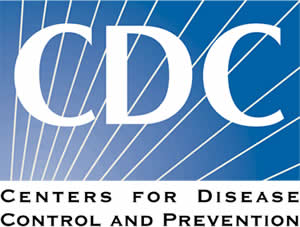RSS feed source: Centers for Disease Control and Prevention--Office of Public Health Preparedness and Response
In-brief analysis
December 5, 2025
On December 1, 2025, the U.S. average retail price of regular gasoline fell below $3.00 per gallon (gal) to $2.98/gal, according to data from our Gasoline and Diesel Fuel Update. When adjusted for inflation, the December 1 price is the lowest average U.S. gasoline price since February 2021. The falling price of crude oil, which typically accounts for about half of the retail gasoline price, has led to a drop in the price consumers pay for gasoline. Gasoline prices vary by region. On December 1, regular gasoline prices ranged between a low price of $2.55/gal on the U.S. Gulf Coast and a high price of $4.03/gal on the U.S. West Coast.
Principal contributor: Kimberly Peterson
Click this link to continue reading the article on the source website.


